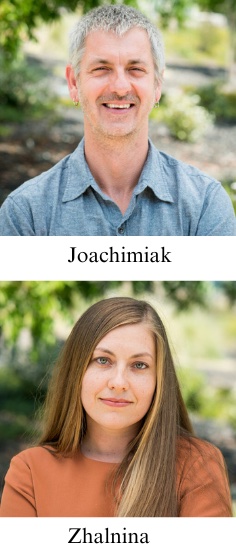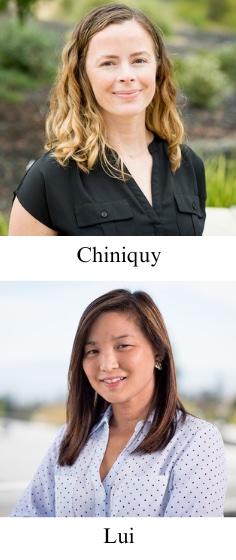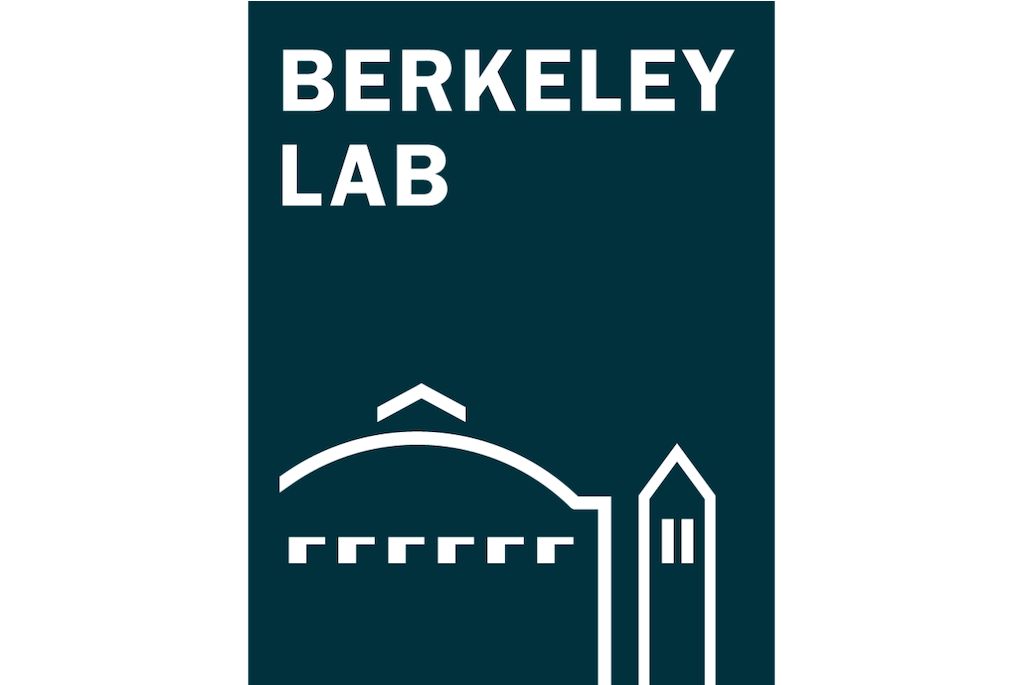The projects of 21 Biosciences Area scientists and engineers received funding through the FY24 Laboratory Directed Research and Development (LDRD) program.

From Biological Systems and Engineering (BSE), research scientist Tyler Backman, staff scientist Héctor García Martín, Division Director Blake Simmons, and senior scientist Antoine Snijders had new projects funded. Backman will employ high-performance computing for massive-scale metabolic modeling. García Martín will combine computational fluid dynamics with metabolic modeling to accelerate bioprocess scaling. Simmons will harness the abiotic-biotic biohybrid interface to convert carbon dioxide to biofuels and bioproducts. And Snijders will determine the molecular mechanisms underlying more effective radiation therapies for cancer.
Research scientist Thomas Eng, Division Director Blake Simmons, and senior scientific engineering associate Sara Tejedor Sanz received funding to continue their projects. Eng is developing synthetic biology tools for nitrogen-fixing microbes. Simmons, working alongside project scientist Lydia Rachbauer, is investigating the potential of acetogenic consortia to decarbonize industry. Tejedor Sanz is harnessing gas molecules in microbial electrochemical fluidized bed reactors for carbon-efficient biomanufacturing.


From Environmental Genomics and Systems Biology (EGSB), software developer Marcin Joachimiak and research scientist Kateryna Zhalnina had new projects funded. Joachimiak will create a computational framework to support automated high-throughput microbial culturing and growth assays. Zhalnina will augment the EcoPOD’s capabilities with tools to monitor and mitigate greenhouse gasses in the rhizosphere.

Project scientists Dawn Chiniquy and Lauren Lui received funding to continue their projects. Chiniquy is engineering methanotrophs to reduce methane emissions. Lui is investigating the ecogenomics and impact of viruses, plasmids, and strains on estuarine microbiome function.

From the Joint Genome Institute (JGI), research scientists Tomoya Honda, Li Lei, and Stephen Mondo had new projects funded. Honda will develop a high-throughput platform to characterize rhizobacterial chemoreceptors. Lei will identify and validate conserved regulatory sequences in grasses. And Mondo, this year’s Early Career track awardee, will predict gene function and metabolic capabilities in yeasts.

Research scientist Jonelle Basso received funding to continue her project to predict and characterize plant-associated bacteriophages.
From Molecular Biophysics and Integrated Bioimaging (MBIB), research scientist Masa Iwai, faculty scientist Holger Mueller, research scientist Aris Polyzos, and staff scientist Susan Tsutakawa had new projects funded. Iwai will employ molecular dissection to investigate photosynthesis repair mechanisms. Mueller will perform visual and spatial proteomics with phase-contrast cryo-electron microscopy. Polyzos will use fluorescence-based infrared photothermal spectroscopy (F-PTIR) for multimodal imaging. And Tsutakawa


Staff scientist Marc Allaire, and faculty scientists James Holton and Gokul Upadhyayula received funding to continue their projects. Allaire is building the GEMINI Branchline, a macromolecular crystallography beamline with two beams in the same experimental hutch at the ALS. Holton is working with Kenneth Greenberg at the Advanced Light Source (ALS) on a multi-Area effort to optimize protein crystallography beamlines for ALS and ALS-U. And Upadhyayula is creating a deep learning framework for a sensor-less microscope aberration recognition and correction system.




